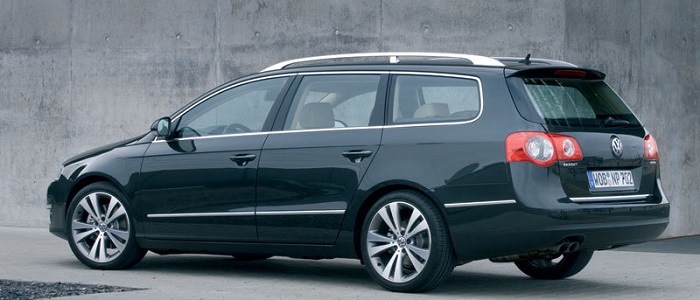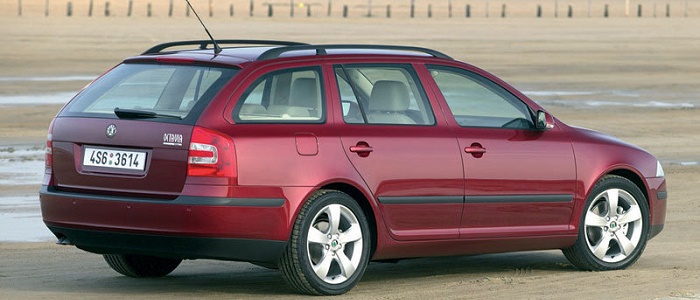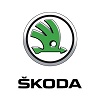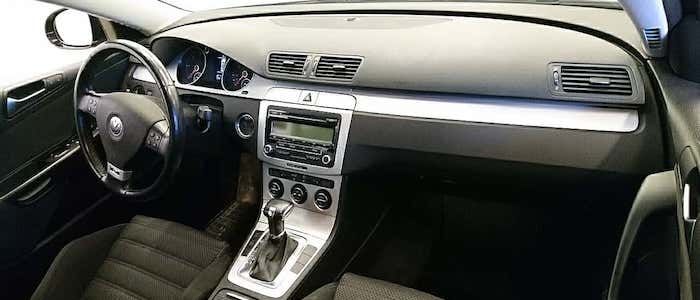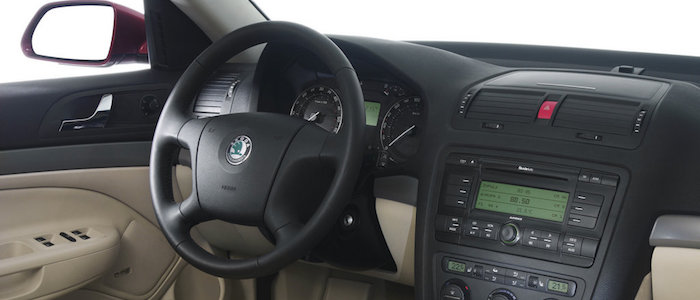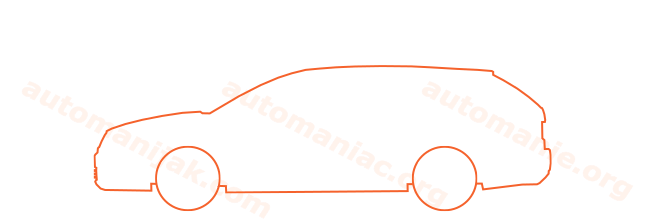Compare two cars
Compare any two cars and get our Virtual Adviser™ opinion
Dimensons & Outlines
Check vehicle history
Engine
Performance (manual gearbox)
Performance (automatic gearbox)
Expenses
Virtual Adviser's™ opinion
Well, these are two pretty similar cars we have here! It's only details that could potentially make the difference. Considering they both belong to the large family car segment and utilize the same 5-door wagon body style and the 4 x 4 wheel drive system, it all comes up to the specific diesel engine choice they offer. Both the engines are Volkswagen-engineered . The first one has a 4-cylinder, 8-valves 140hp unit, while the other one gets its power and torque from a 4-cylinder, 16-valves 140hp one.
SafetyBoth vehicles got tested by European New Car Assessment Programme (Euro NCAP), with the Volkswagen being a slightly better choice apparently. That aside, let's consider some other aspects which affect safety. Both vehicles belong to the large family car segment, which is generally a good thing safety-wise, still it doesn't help us solve our dilemma, does it? Furthermore, taking kerb weight as an important factor into account, the German car offers a marginal difference of 3% more metal.
ReliabilityI don't like generalizing things when it comes to reliability, although it does seem that Škoda does have a slight advantage, all the models observed together. These are the results of an independent reasearch, while our visitors describe reliability of Volkswagen with an average rating of 4.2, and models under the Škoda badge with 4.4 out of 5. Some independent research have also placed Passat as average reliability-wise, and Octavia is more or less at the same level.That apart, owners of different cars powered by the same engine as the German car rank it on average as 4.4, while the one under the competitor's bonnet gets 4.3 out of 5.
Performance & Fuel economyŠkoda is a bit more agile, reaching 100km/h in 0.5 seconds less than its competitor. Still, it lacks the power to win the top speed competition, topping at 199 kilometers per hour, 7km/h less than the other car. When it comes to fuel economy things look pretty much the same for both cars, averaging around 6.1 liters of fuel per 100 kilometers (47 mpg), in combined cycle.
Verdict
Škoda appears just a bit more reliable, although the difference is truly marginal. The most important thing when deciding between any two vehicles should always be safety, both passive and active. In my opinion, everything taken into account, the German car offers much better overall protection, which launches it ahead of the other contender. When it comes to performance, both vehicles provide similar experience, so I wouldn't point any of them out. the German car still consumps less fuel, which needs to be taken into consideration. All together, there's not much more to say, in this case I wouldn't even consider anything but Volkswagen. Anyway, that's the most objective conclusion I could've came up with and it's based solely on the information found on this website. Aspects such as design, practicality, brand value and driving experience are there for you to measure them out. Also, you could use the oportunity to find out which car, everything taken into account, would be the perfect choice for you in the eyes of the virtual adviser™, among thousands of similar, yet so different vehicles.























